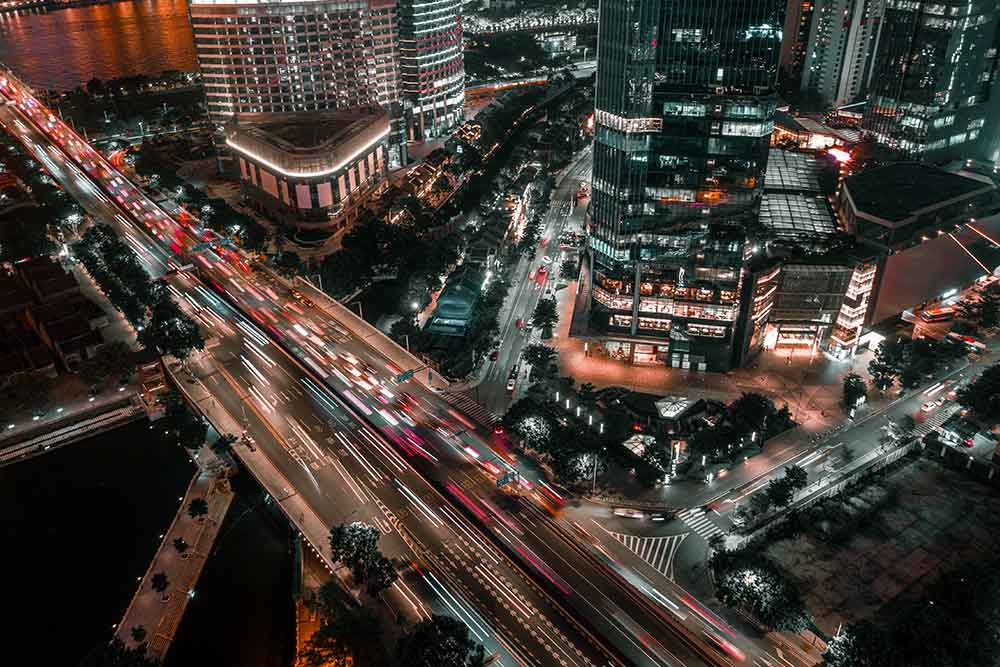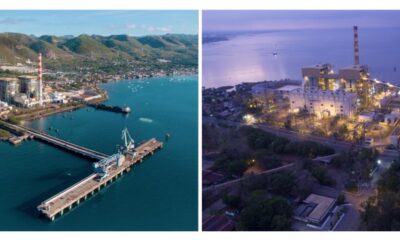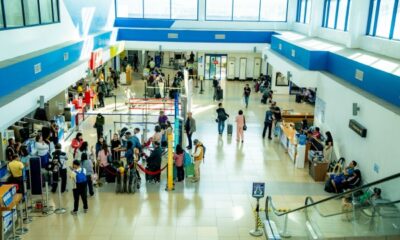Economy
The Future of Work: AI’s Double-Edged Sword for Global Economies


Artificial Intelligence (AI) holds promise in revolutionizing global productivity and economic growth. However, the flip side includes potential job displacement and a widening wealth gap. Without proper policies, nations may struggle to adapt to this emerging technology.
The International Monetary Fund (IMF) indicates that nearly 40% of global jobs could be influenced by AI.
In advanced economies, up to 60% of jobs may be impacted, with half benefiting and half facing job losses and reduced wages.
Emerging markets and low-income countries face approximately 40% and 26% AI exposure, respectively. However, the lack of infrastructure and skilled workers may hinder these countries from fully capitalizing on AI, contributing to wider global gaps.
AI’s rapid advancement risks leaving behind those unable to quickly adapt. Swift adapters will experience increased productivity and wages, intensifying concerns, especially in the age divide between younger and older workers.
The IMF’s warning of AI worsening overall inequality emphasizes the need for countries to establish safety nets and training programs for smoother adaptation.
To assist countries in AI readiness, the IMF introduced the AI Preparedness Index, evaluating readiness based on digital infrastructure, education, innovation, and regulations, with leading countries including Singapore and the United States.
Strategically, advanced countries should focus on AI innovation and regulations, while emerging markets need to prioritize digital infrastructure and a skilled workforce. The AI era is here, and with thoughtful moves, we can ensure inclusive benefits for all. (ASC)
































